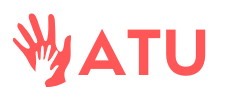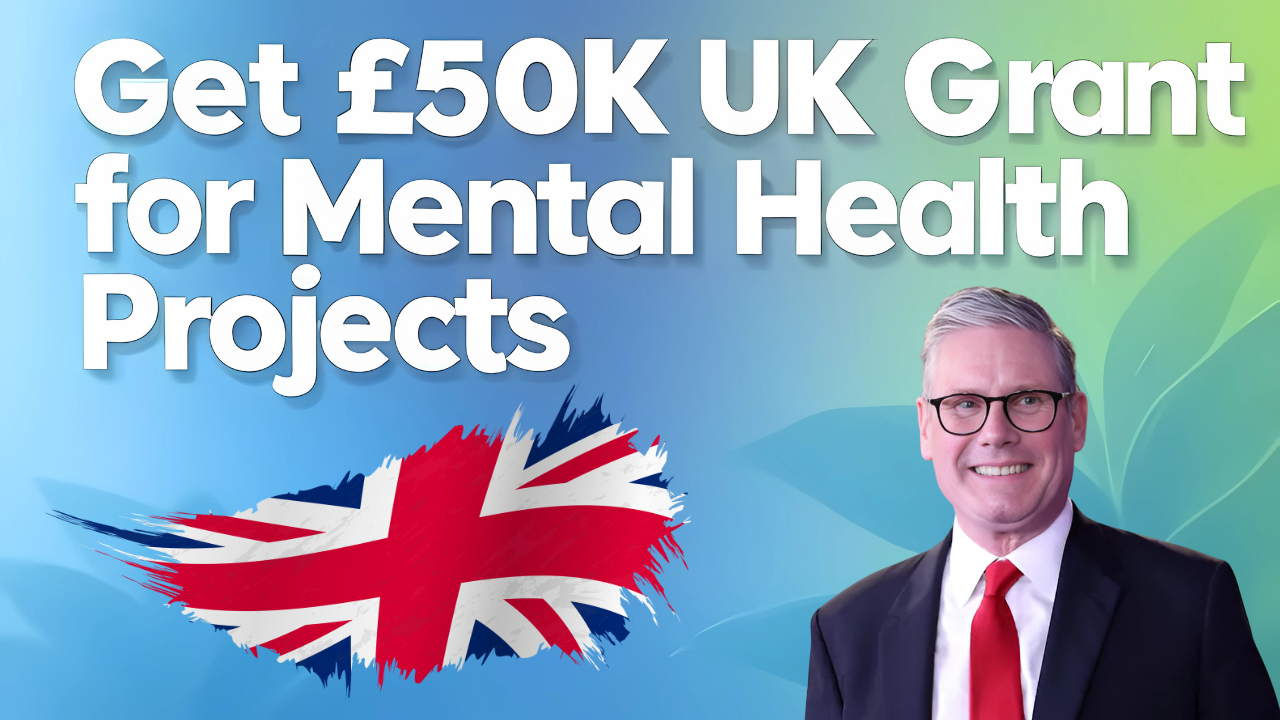Mental health support has become increasingly vital in today’s society. Organizations working in this space often struggle with limited resources while facing growing demand for services.
Grant funding represents a crucial lifeline for mental health charities and wellbeing initiatives. These financial supports enable organizations to expand their reach and improve service quality.
Types of Mental Health Grants Available
Project-Based Funding supports specific initiatives with clear outcomes and timelines. These grants typically fund innovative programs or service expansions.
Core Funding covers operational expenses like staff salaries and administrative costs. This type of support provides stability for ongoing mental health services.
Capital Grants finance major purchases or infrastructure improvements. Organizations can use these funds for building renovations or equipment purchases.
Major Grant Providers for Mental Health Projects
National Foundation Opportunities
Lankelly Chase Foundation focuses on severe disadvantages including homelessness and mental health issues. Their funding approach emphasizes systemic change and long-term impact.
Henry Smith Charity offers substantial grants ranging from £20,000 to £60,000 annually. They prioritize organizations serving areas with high deprivation levels.
Allen Lane Foundation provides smaller grants for start-up costs and core expenses. They support both registered charities and informal community groups.
Specialized Mental Health Funders
Bergqvist Charitable Trust specifically targets psychiatric research and epilepsy-related mental health conditions. Their annual spending reaches approximately £50,000.
Rayne Foundation shows particular interest in young people’s mental health initiatives. They prefer funding organizations that lack widespread public support.
Pixel Fund dedicates resources exclusively to children and young people’s mental wellbeing. They offer grants up to £5,000 for eligible organizations.
Community-Level Funding Sources
Local Grant Programs
Comic Relief Community Fund supports grassroots organizations with incomes under £250,000. Their Mental Health Matters program tackles stigma and improves access to support.
Coalfields Community Investment Programme serves England’s most deprived former mining communities. They fund health and wellbeing projects with core cost support up to 50%.
Postcode Communities Trust focuses on smaller charities throughout Wales. Most grants reach £2,000, though some extend to £20,000 for exceptional projects.
Regional Support Networks
Focus Foundation supports charities local to Focus Group’s regional offices. They emphasize lasting positive change in people’s lives through targeted funding.
Chapman Charitable Trust serves UK national charities plus local organizations in North Wales and Southeast England. Most grants range between £1,000 and £2,000.
Welland Trust operates throughout England and Wales with particular interest in adult care leavers. They support projects enhancing physical and mental wellbeing.
Funding for Specific Demographics
Women and Girls Programs
Pilgrim Trust’s Young Women & Mental Health program commits £5 million over five years (2021-2026). This initiative targets women aged 16-25 with gender-informed services.
The program recognizes unique challenges facing young women in accessing appropriate mental health support. Funding prioritizes high-quality, age-appropriate interventions.
Elderly and Vulnerable Adults
McCarthy & Stone Community Grant supports organizations serving older people’s health and wellbeing needs. They provide grants alongside volunteer support and project assistance.
Barchester’s Charitable Foundation helps older people and adults with disabilities or mental health problems. Their focus centers on combating loneliness through community connection.
Children and Young People
BBC Children In Need offers small grants up to £10,000 for three-year periods. They support young people experiencing disadvantage through illness, disability, or psychological difficulties.
Les Mills Fund For Children targets registered charities improving education and emotional wellbeing. They provide grants up to £1,000 with quarterly funding deadlines.
Ormiston Families focuses on vulnerable children and families affected by imprisonment. Their programs address emotional wellbeing alongside other support services.
Application Strategies and Best Practices
Preparing Strong Applications
Research thoroughly before applying to ensure alignment with funder priorities. Each grant provider has specific criteria and preferred project types.
Demonstrate clear impact through measurable outcomes and beneficiary testimonials. Funders want evidence of positive change resulting from their investment.
Show sustainability by explaining how projects will continue beyond grant periods. Long-term planning increases application competitiveness.
Common Application Components
Project descriptions should clearly articulate problems being addressed and proposed solutions. Use concrete examples and avoid jargon that might confuse reviewers.
Budget breakdowns must be detailed and realistic, showing cost-effectiveness. Include both direct costs and administrative expenses where appropriate.
Organizational capacity demonstrations prove ability to deliver promised outcomes. Highlight relevant experience and staff qualifications.
Alternative Funding Approaches
Partnership Development
Collaborative applications can strengthen funding prospects by combining resources and expertise. Multiple organizations working together often create more compelling cases.
Corporate partnerships provide funding plus additional benefits like volunteer support or professional expertise. Many businesses prioritize mental health in their social responsibility programs.
Diversified Funding Strategies
Multiple small grants can be more achievable than single large awards. This approach also reduces dependency on individual funders.
Earned income streams complement grant funding through fee-for-service arrangements or social enterprises. Mixed funding models provide greater financial stability.
Individual Mental Health Grants
Personal Support Options
Direct individual grants exist for people experiencing mental health challenges. These funds typically cover treatment costs or living expenses during recovery.
Disability-related funding becomes available when mental health conditions meet disability criteria. Additional support options open up through this classification.
Access Points for Individual Support
Charity Excellence AI support provides personalized guidance for individuals seeking grant funding. Their system connects people with appropriate funding sources.
Local authority services often maintain lists of individual support funds. Social services departments can provide guidance on available options.
Maximizing Funding Success
Building Funder Relationships
Long-term engagement with grant providers increases success rates over time. Attend their events and maintain communication beyond application periods.
Feedback incorporation from unsuccessful applications improves future submissions. Many funders provide constructive criticism that strengthens subsequent proposals.
Continuous Improvement
Regular evaluation of funded projects demonstrates accountability and learning. Share results with funders to build trust and credibility.
Adaptability in program design allows for adjustments based on changing needs or circumstances. Flexible approaches often attract continued funding support.
FAQs
Q: What’s the typical timeline for mental health grant applications?
A: Most grant applications take 3-6 months from submission to decision, though some smaller grants may be processed more quickly.
Q: Can new organizations apply for mental health grants?
A: Yes, many funders support start-up organizations, though they may require lower amounts initially or partnerships with established groups.
Q: Do I need to be a registered charity to apply?
A: Not always – some funders support community groups, social enterprises, and other organizational structures beyond registered charities.
Q: How much funding can mental health organizations typically expect?
A: Grants range from £500 for small community projects to £60,000+ for major initiatives, depending on the funder and project scope.
Q: What documents are usually required for applications?
A: Common requirements include project proposals, budgets, organizational accounts, governing documents, and safeguarding policies.
Q: Can organizations apply to multiple funders simultaneously?
A: Yes, but you must declare other applications and avoid double-funding the same costs from multiple sources.
Q: How important is it to demonstrate partnership working?
A: Very important – most funders prefer organizations that collaborate effectively and avoid duplicating existing services.
Q: What happens if a project doesn’t achieve its stated outcomes?
A: Funders typically require progress reports and may adjust future funding, but honest communication about challenges is usually preferred over silence.

